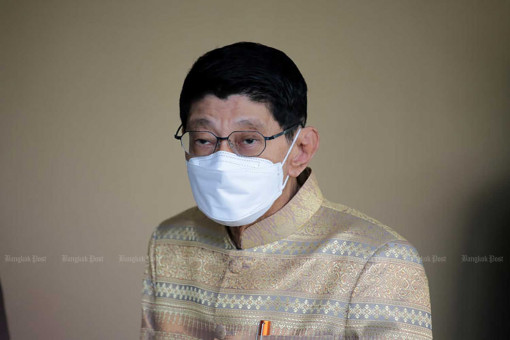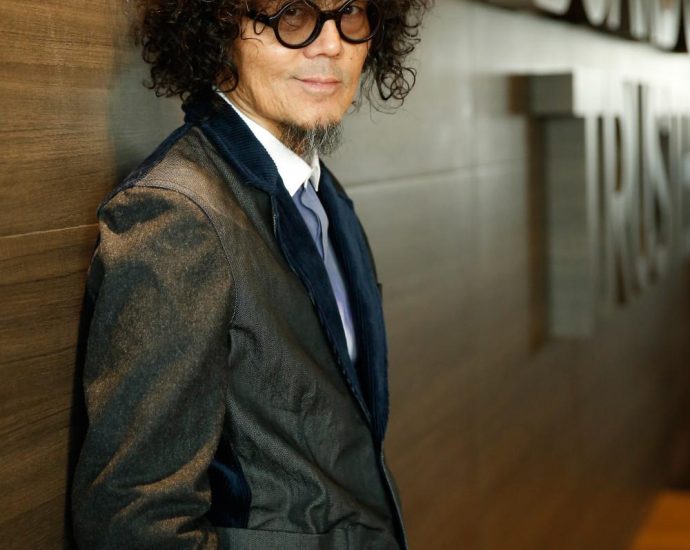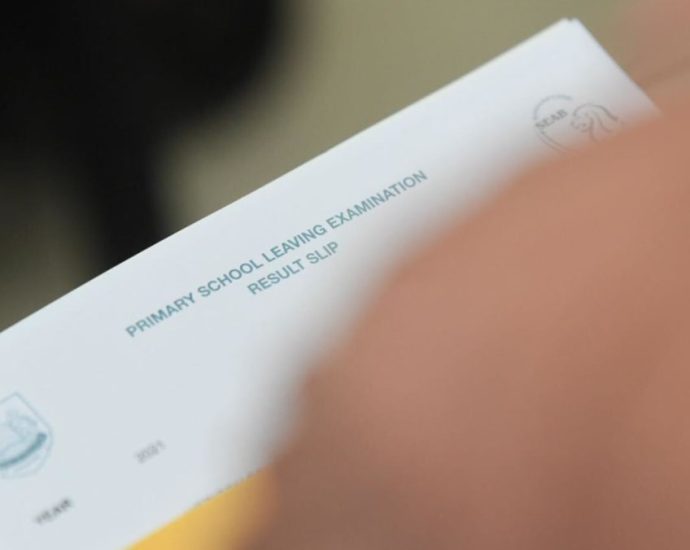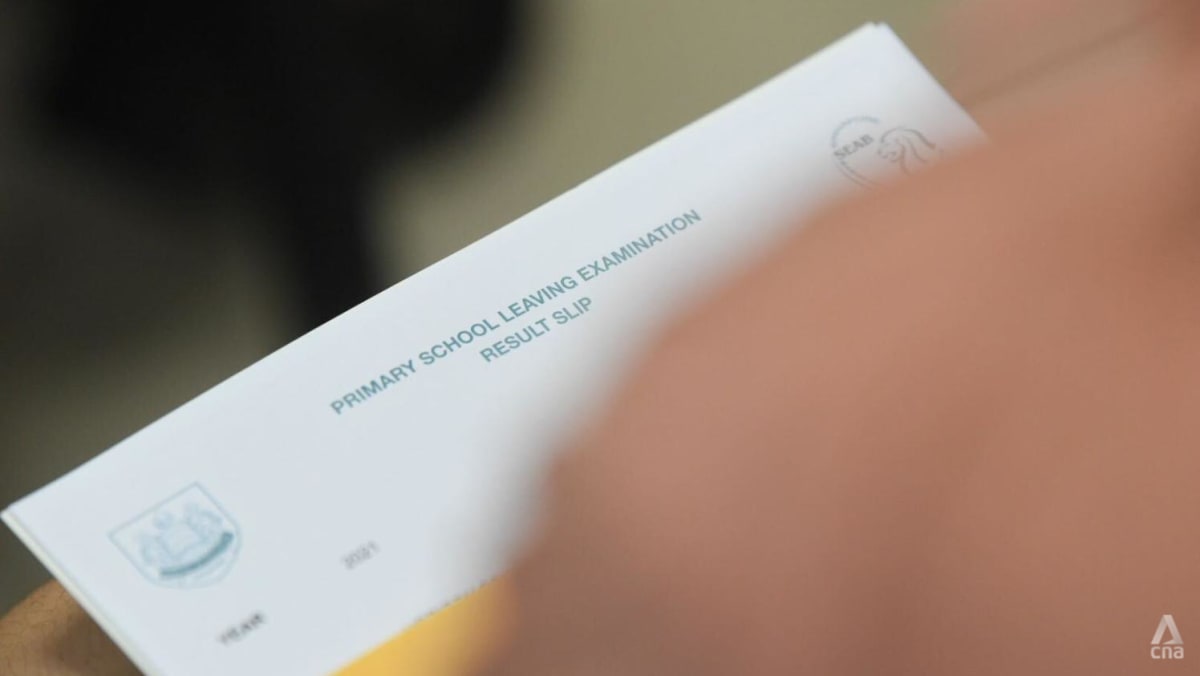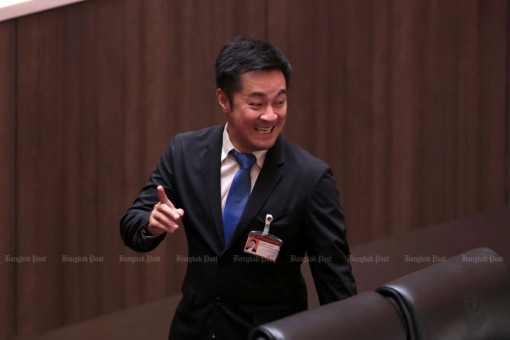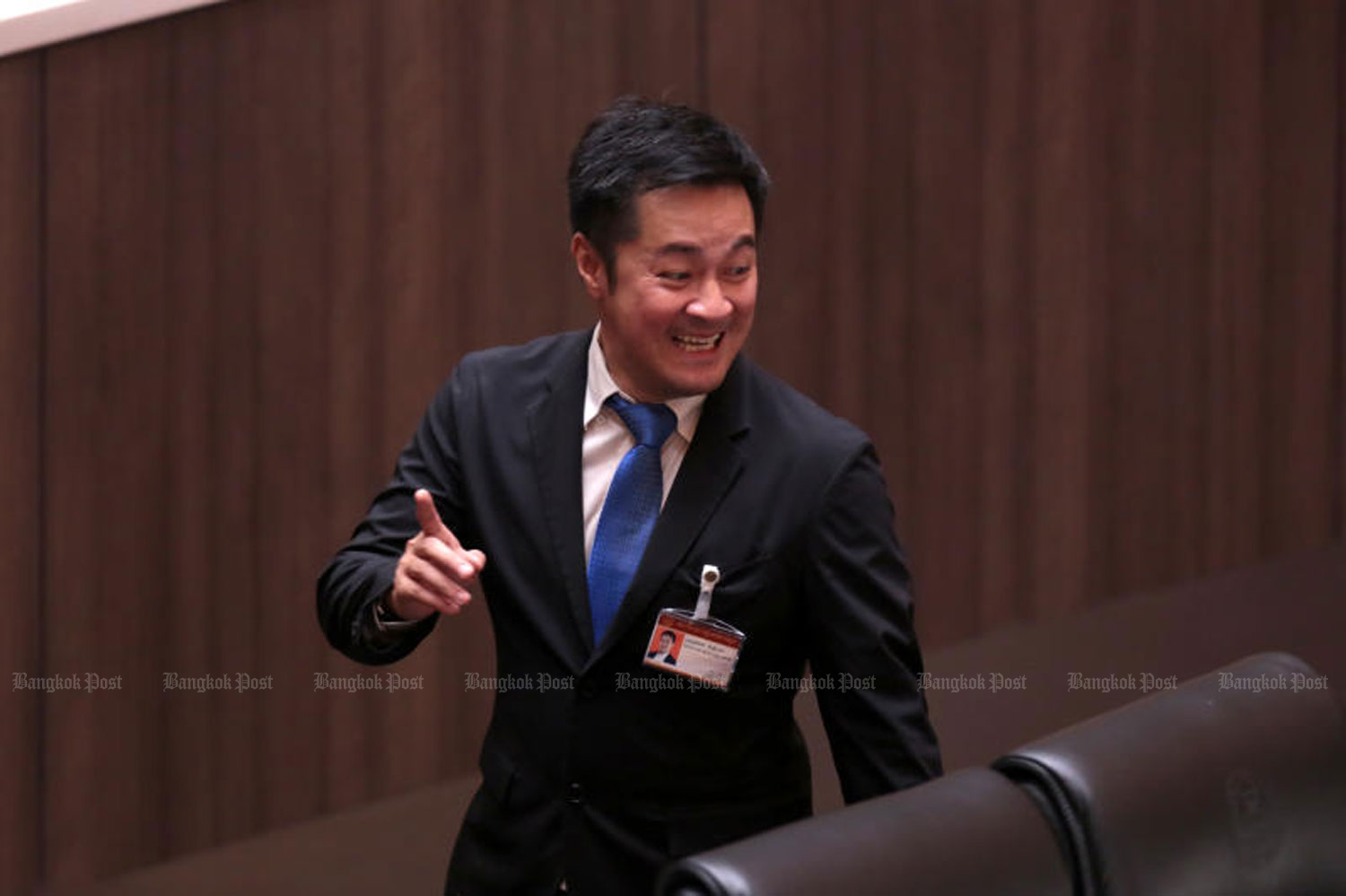Wissanu defends top job picks
PUBLISHED : 16 Aug 2023 at 04:53

Deputy Prime Minister Wissanu Krea-ngam on Tuesday defended the caretaker government’s appointment of high-ranking officials, saying they were needed to fill a potential vacuum left by the mandatory retirement of key officials.
His remarks came after the Pheu Thai Party last week warned the outgoing cabinet not to appoint senior officials, saying the matter should be left to a new government which it is trying to put together.
Mr Wissanu said the new appointments were to find replacements for those retiring at the end of next month, which is the last month on the fiscal calendar, and that they have nothing to do with the annual rotation of state officials. He said the annual reshuffle of senior C-10 officials is overseen by the permanent secretary of each ministry, noting that if the matter had to wait for a new government, the country’s administration would be put on hold.
He also said the cabinet on Tuesday approved proposed appointments, but they would not yet be forwarded for royal endorsement. These appointments would be thoroughly examined with the process likely to take about a month, he added.
Asked about media reports related to the appointment of a new secretary-general of the Office of the Narcotics Control Board (ONCB), Mr Wissanu said he was only making preparations.
The proposed appointment involves a transfer of a police officer to the Justice Ministry, so there are several steps to be taken, he said.
“Let’s see when we’ll get a new government. If we get it soon, the [reshuffle] issue will be left to the new government. But if the new government is set up later than Aug 22, it can’t wait,” he said.
According to media reports, assistant national police chief, Pol Lt Gen Panurat Lakboonto, will be named the new ONCB chief to succeed Wichai Chaimongkol, who retires next month.

